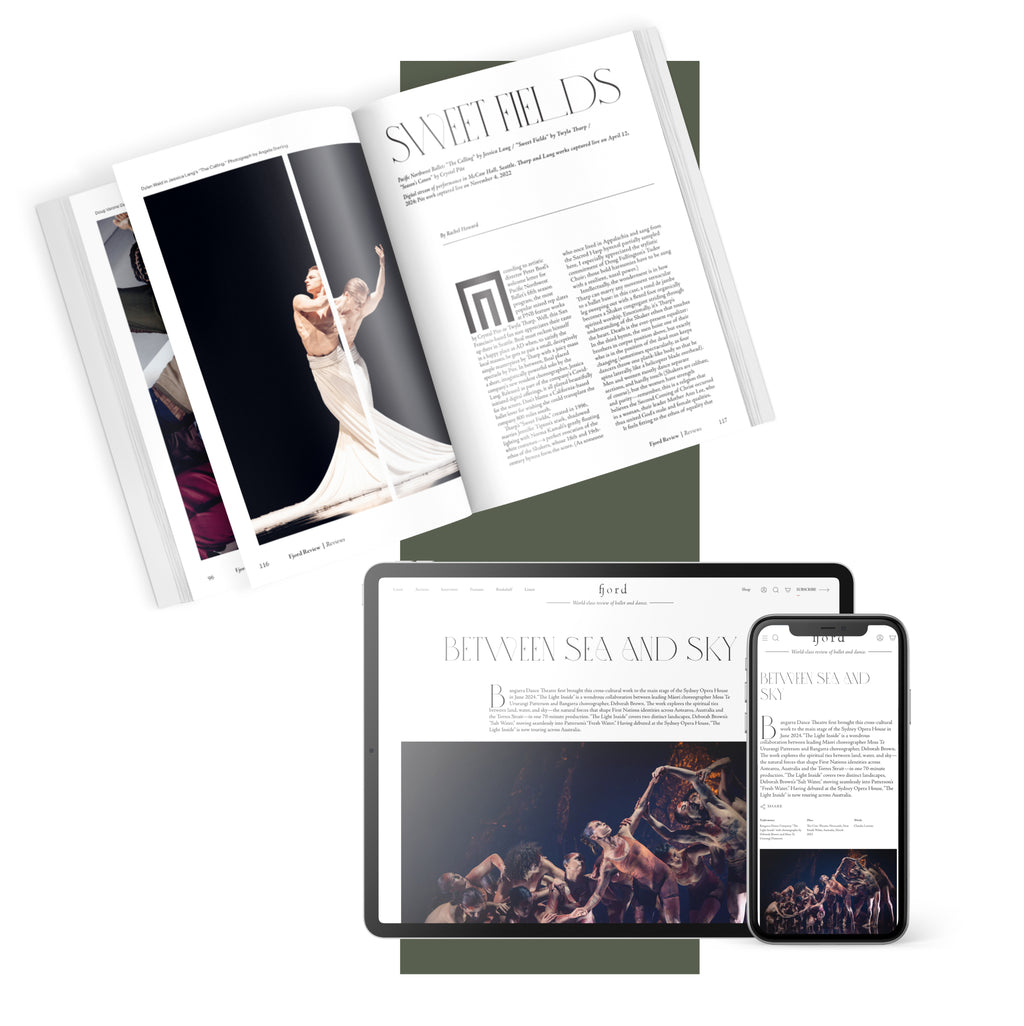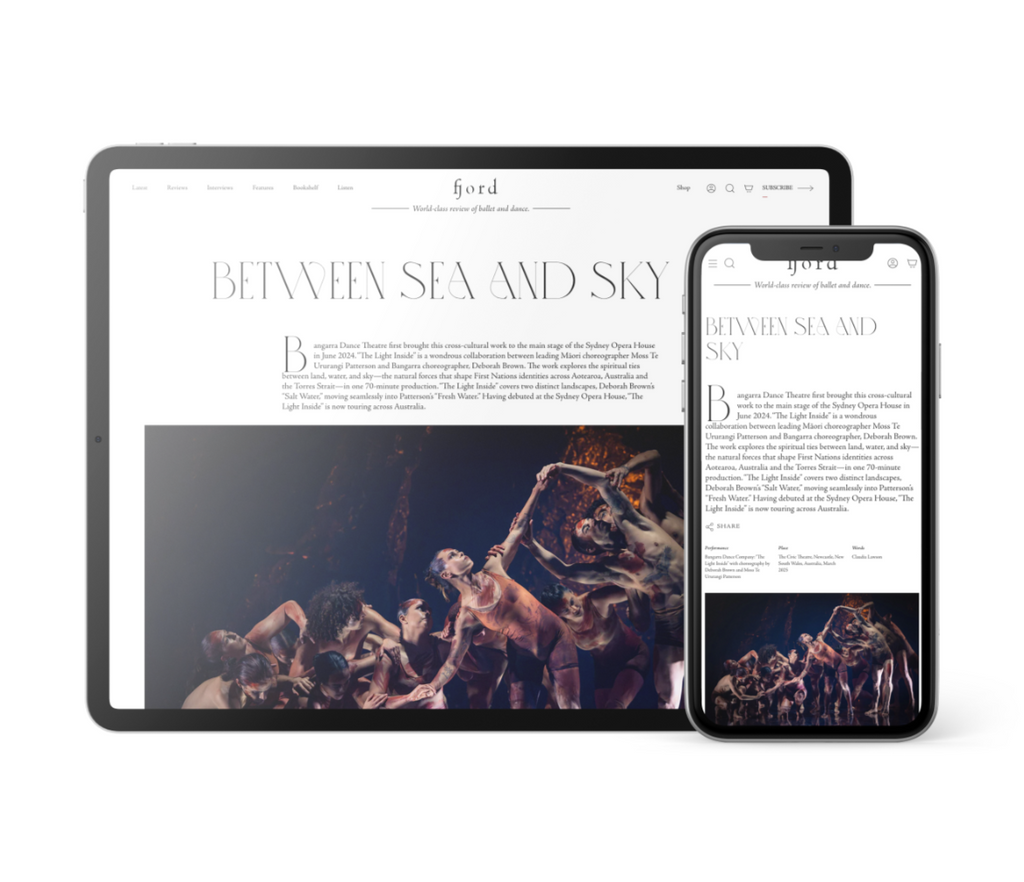Talent Time
It’s “Nutcracker” season at San Francisco Ballet—36 performances packed into three weeks—which means that the company is currently serving two distinct audiences.
Plus
World-class review of ballet and dance.
There's an almost disarming delicacy to Curious Seed's work, as evinced by this beautiful, Herald Angel Award-winning production, “And The Birds Did Sing” Christine Devaney, dancing solo for the entire forty-minutes long duration, infuses so much raw emotion into even her micro gestures, that it's deeply heartfelt and moving.
Performance
Place
Words



“Uncommonly intelligent, substantial coverage.”
Your weekly source for world-class dance reviews, interviews, articles, and more.
Already a paid subscriber? Login

It’s “Nutcracker” season at San Francisco Ballet—36 performances packed into three weeks—which means that the company is currently serving two distinct audiences.
PlusLast week I caught up with choreographer Pam Tanowitz and Opera Philadelphia’s current general director and president, countertenor Anthony Roth Costanzo to talk about “The Seasons,” the company’s latest production premiering at the Kimmel Center’s 600-plus seat Perelman Theater on December 19.
PlusIf Notre-Dame remains one of the enduring symbols of Paris, standing at the city’s heart in all its beauty, much of the credit belongs to Victor Hugo.
PlusWhen dancer and choreographer Marla Phelan was a kid, she wanted to be an astronaut. “I always loved science and astronomy,” Phelan said.
Plus
comments